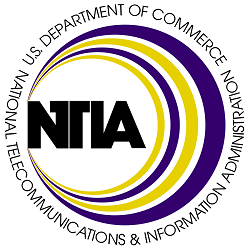After BEAD: The Future of Broadband and Accountability - Episode 663 of the Community Broadband Bits Podcast

In this episode of the podcast, Chris and ILSR’s Jordan Pittman sit down for a candid, post-retreat conversation about what comes after the BEAD program.
They dig into the gaps left behind by federal broadband mapping, why millions of Americans will still be unconnected or unable to afford service, and how short-term policymaking risks leaving rural communities behind.
The pair also unpack the challenges with Starlink’s limitations, the false promise of corporate “efficiency,” and why public investment—and accountability—remain key to real digital equity.
This show is 39 minutes long and can be played on this page or via Apple Podcasts or the tool of your choice using this feed.
Transcript below.
We want your feedback and suggestions for the show-please e-mail us or leave a comment below.
Listen to other episodes or view all episodes in our index. See other podcasts from the Institute for Local Self-Reliance.
Thanks to Arne Huseby for the music. The song is Warm Duck Shuffle and is licensed under a Creative Commons Attribution (3.0) license


